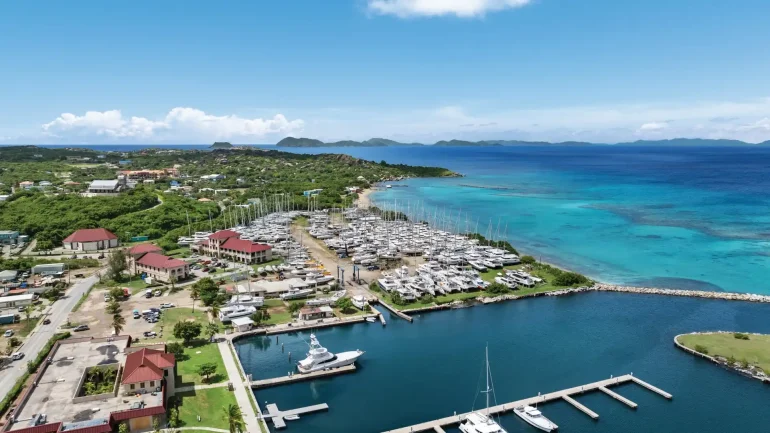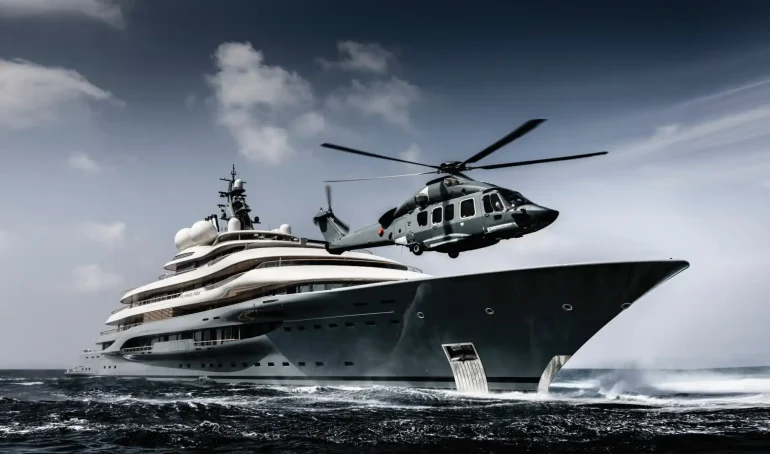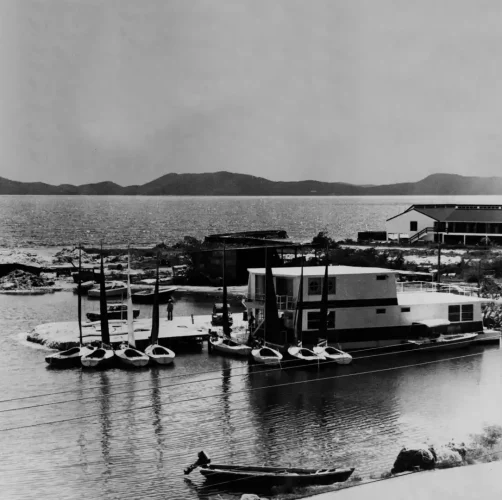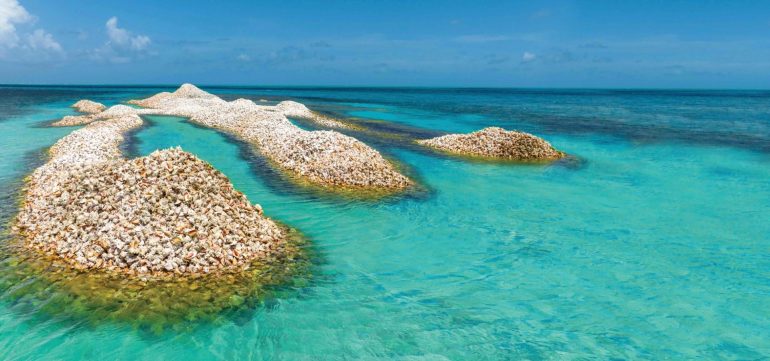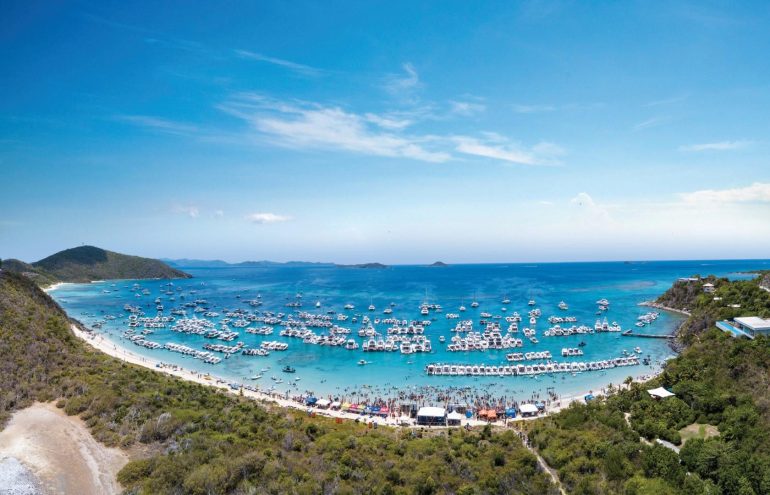Part 2 – Following on from last month’s issue, we look at the next step of buying a yacht, the commitment. Chris Simpson, of BVI Yacht Sales is on hand to guide us through those ifs, buts, whys and why nots and to nail down the process- generally termed – Subject to what conditions from all parties concerned in the dealings of the transaction.
It is uncommon to buy a boat unseen or just as it is. This is referred to as a speculators market; yachts are bought in their current condition on a low offer, lock stock and barrel. Speculators then invest time and funds to upgrade the boat, then ultimately resell for profit. This simplistic approach skips surveys and sea trials and yachts are bought simply as and where is.
In making such a financial commitment to buying a yacht, the brokers recommend surveys. They are usually broken down into three inspections and your broker should have a recommended and reliable surveyor, preferably local. A full purchase survey will examine and test all on-board water systems and appliances using the supply as well as the outer appendages of hull, inlets, and sea cocks. In addition a rig inspection is recommended comprising a minute inspection of “swages”, a journey up the mast to determine thesafety and security of the rig prior to load of sail. Essentially a sea trial will determine the status of the boat. At sea the engine is fired up, all systems checked and the sails hoisted for condition and the relationship with the rig examined. All going well you have a sea worthy vessel and the selling price is right on the money.
There could be issues. Wear and tear and a boat sitting dormant for a long period of time will cause depreciation. How far below asking price your offer will be is determined by these surveys, so shooting from the hip on a low ball price just won’t cut it. If the vessel needs considerable maintenance (your cost if you buy unseen) you will need proof, the broker is looking for an equitable deal in a situation whereby everyone involved is protecting his own interests. Here your broker becomes a mediator armed with the right information to go back to the seller on your behalf. Having your broker team have knowledge of the boat concerned is absolutely vital – Go local.
Sellers are advised by their brokers to have a basic overview of the vessel's condition and have any major problems significantly adjusted before potential buyers begin their enquiries. A boat with a long period of inactivity with major unseen problems is potentially scuppering the deal before it gets off the ground. Imagine a vessel, inactive on the hard for two years. If it is cockroach infested, its engines seized and its sails shot from dry rot, then on discovering a hole in the hull nobody is really going to be impressed on their first visit. If this is the case, expect a low offer. Surveys are by nature negative, so get ready for a complete dressing down of your dream boat whether you are buying or selling.
The buyer is expected to have a firm commitment to have finance in place by the acceptance date once the purchase agreement and handover schedule has been approved. Once you commit to that date, the vessel is going to be yours. After the deposit, the wheels are in motion, you will have signed off on the boat as approved and anything that happens to it in between is going to be a risk you are taking. Putting deposits down and backing out does happen, and sadly the brokers are aware of persons who do this regularly – it gets noticed! Remember to have your agreement subject to conditions everyone is happy with. Naturally, not many boats are purchased during the months of July to November in the BVI- hurricane season. There has however, not been a hurricane in the BVI for many years, this Chris points out is a positive aspect of yacht brokering in the Caribbean, “In reality the BVI has become one of the safest places in the world to commit to buying a boat.”
